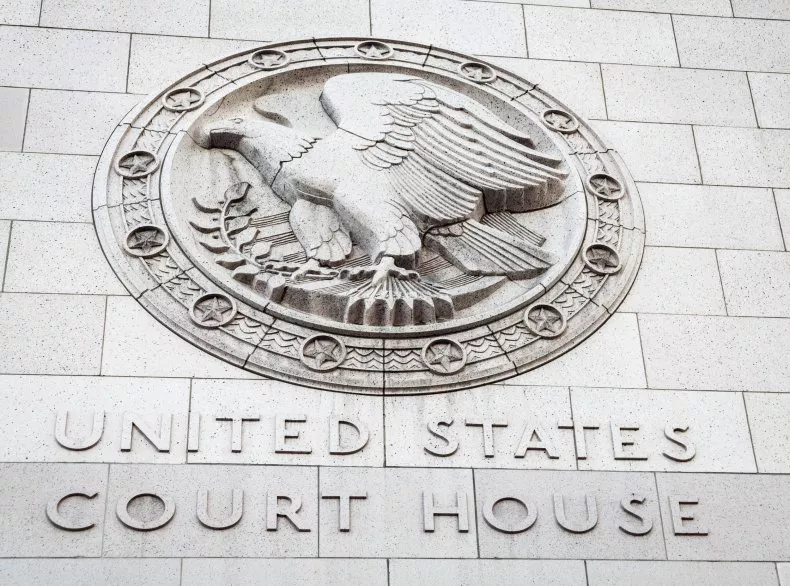Full story in Newsweek
By Michael Patrick Flanagan
In most American courtrooms today, a party in court could be financed by foreign interests (and other unrelated third parties) without the other party ever knowing it. This alternate funder may be an investor hoping for uncorrelated returns, a wealthy donor with personal or business interests in the case, or an affiliate of an adversarial nation seeking to undermine U.S. competitiveness.
The third-party litigation funding industry operates in the Wild West. Any outside group can pay the bills for a party in a legal dispute. They do this often in exchange for a percentage of an eventual settlement. Absent a handful of states that have passed disclosure laws affecting their own state court systems, the vast majority of state and federal courts do not require parties to disclose who’s paying their legal costs—not to other parties and not even to the presiding judge.
…
These are not hypothetical situations. In 2024, Bloomberg Law reported that a group of sanctioned Russian billionaires created an investment fund to back bankruptcy lawsuits in New York and London thus allowing the oligarchs to steer (launder) tens of millions into western financial institutions.
In another instance, China-based technology firm PurpleVine financed several intellectual property lawsuits against Samsung. This was discovered by a lone overseeing judge in Delaware who luckily requires litigation financing disclosure in his courtroom. Had the case not crossed his desk, the defendants may never have known that their case was hardly a mere legal challenge but, in actuality, a case with national security importance.
…
We must act quickly as this “hidden party” industry is growing at a pace stressing the non-existent regulatory regime. One estimate values the global market at $17.5 billion in 2025, and it is forecasted to grow to $67.2 billion by 2037. Naturally, it’s also becoming more complex. Opportunistic actors are developing secondary markets—a “stock exchange for lawsuits“—which, if left unregulated as well, will only create new avenues for foreign actors to distort the civil justice system and surreptitiously move capital.
…
A number of bills in state legislatures and in Congress have been introduced to require disclosure of any third-party litigation financing—of foreign funding in particular. This is a welcome development. Lawmakers in Washington and in statehouses across the country should move with alacrity and act on this issue before American companies, our justice system, and our capital markets are subjected to further foreign meddling.
Former Representative Michael Patrick Flanagan (R-Ill.) previously represented the 5th District of Illinois in the U.S. House of Representatives and sat on the Committee on the Judiciary. An attorney, he previously served in the U.S. Army and retired at the rank of captain.

